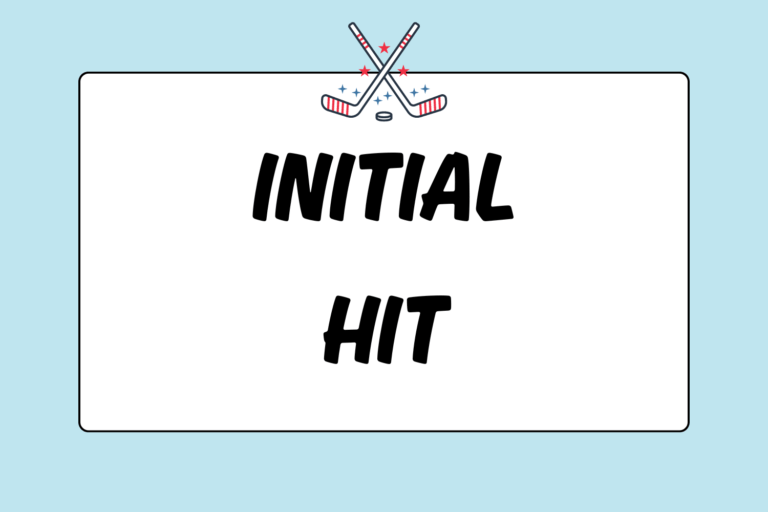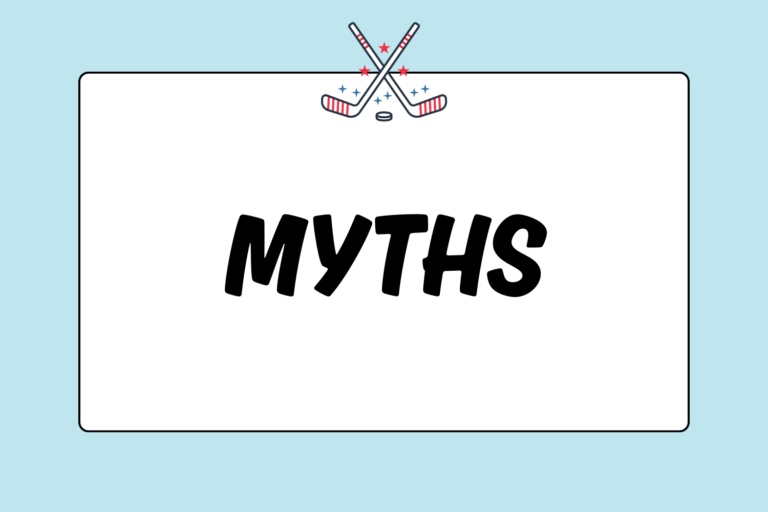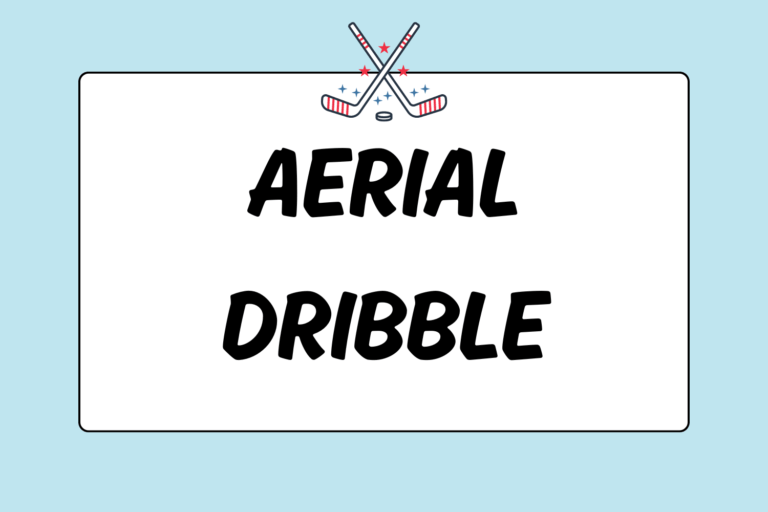Apart from knowing the rules of the game and how to call penalties, referees need to know how to conduct themselves on the field. Your job is to enforce the rules and to maintain a clean, fast-flowing game. You also want to be fair and consistent in all of your calls. This guide will teach you everything you need to know to show up to your first game prepared to referee.
Positioning
Two referees generally umpire one game. The field is divided diagonally and each referee is responsible for one side of the field, complete with one goal and half of the neutral zone.
As a general rule, a referee should always stand ahead and to the right of the attacking team. Depending on the ball’s position, a referee will also normally stand near the sideline. During a short corner, however, a referee can stand close to or inside of the shooting circle to watch for fouls.
Keep the Game Flowing
If you are refereeing a game, the players should not be aware that you are on the field until you make a call. Meaning, you should not disrupt the flow of the game with your presence. To avoid interfering, stand near the sidelines and move to get out of the play as often as possible. On the rare occasion that the ball hits you, play will continue normally.
Maintain Composure
You will likely face a situation where a player sasses with you. Do not argue back. Doing so will cause you to lose respect from players and coaches. In these situations, either walk away or issue a personal penalty. There are four different personal penalties you can issue to a player, depending on the severity of the situation:
- Caution: A verbal warning issued to a player to stop whatever infraction she is making.
- Warning: Indicated by a green card, this is the first official warning.
- Temporary suspension: Indicated by a yellow card, this penalty suspends the player from the game for at least five minutes. During this time, the team must continue playing one man down.
- Permanent suspension: Indicated by a red card, this is the most severe penalty you can issue to a player. The player is suspended from the game entirely and the team must play one man down for the remainder of the match.
As part of good practice, look at the player you are penalizing — this shows confidence in your call.
Cooperate
Since there are generally two referees per game, you want to communicate effectively with the other referee. Before a game, meet to discuss how you want to call the game. Remember that you are responsible for your side of the field only. Do not call anything that occurs on the opposite side of the field. However, watch the game at all times in case the other referee needs a second opinion on a call.
Proper Clothing
Dress appropriately for each game. This means wearing a referee shirt in a different color from the players’ uniforms and footwear appropriate for the weather and field. If the game is played on grass, especially muddy grass, make sure to wear cleats.
Fitness Level
You need to be able to keep up with the game. So, your fitness level needs to match the level of play you are refereeing. Not being able to keep up with the players will cause you to lose sight of the ball, thus affecting your ability to call a fair game.
Hot Tip: Stay Hydrated
Drink a lot of water before and during the game. Depending on the level of play you are refereeing, you could be doing a lot of running. Especially in extreme conditions, water will help keep your body temperature regulated.
Whistling
The tone and duration of the whistle will vary depending on the severity of the call, but you always want to stay confident when making it. Blow the whistle loud and determinative so there will be no confusion on the field. Every player on the field should be able to hear the whistle.
You will also couple your whistle with hand signals. Check out our guide, “Referee Hand Signals in Field Hockey,” for more information.
Don’t Intimidate or Coach the Players
You are given authority as a referee — do not abuse it. You should never use your position to intimidate a player on the field. Additionally, you cannot coach the players while refereeing. Remain as neutral as possible and do not show any bias towards a team.
Start Today!
You’ll probably make a few bad calls on your first day of refereeing, but don’t let this get you down! Learn from those mistakes and work on correcting them throughout the season.
The main difference between a new and experienced referee is how they handle a particular situation — and being comfortable with every situation can only come with experience. Blow the whistle loud, be confident in your calls, and stay composed and relaxed during the game. By following the advice in this guide, you will keep the game flowing and you’ll gain the respect of players, coaches, and fellow referees.





